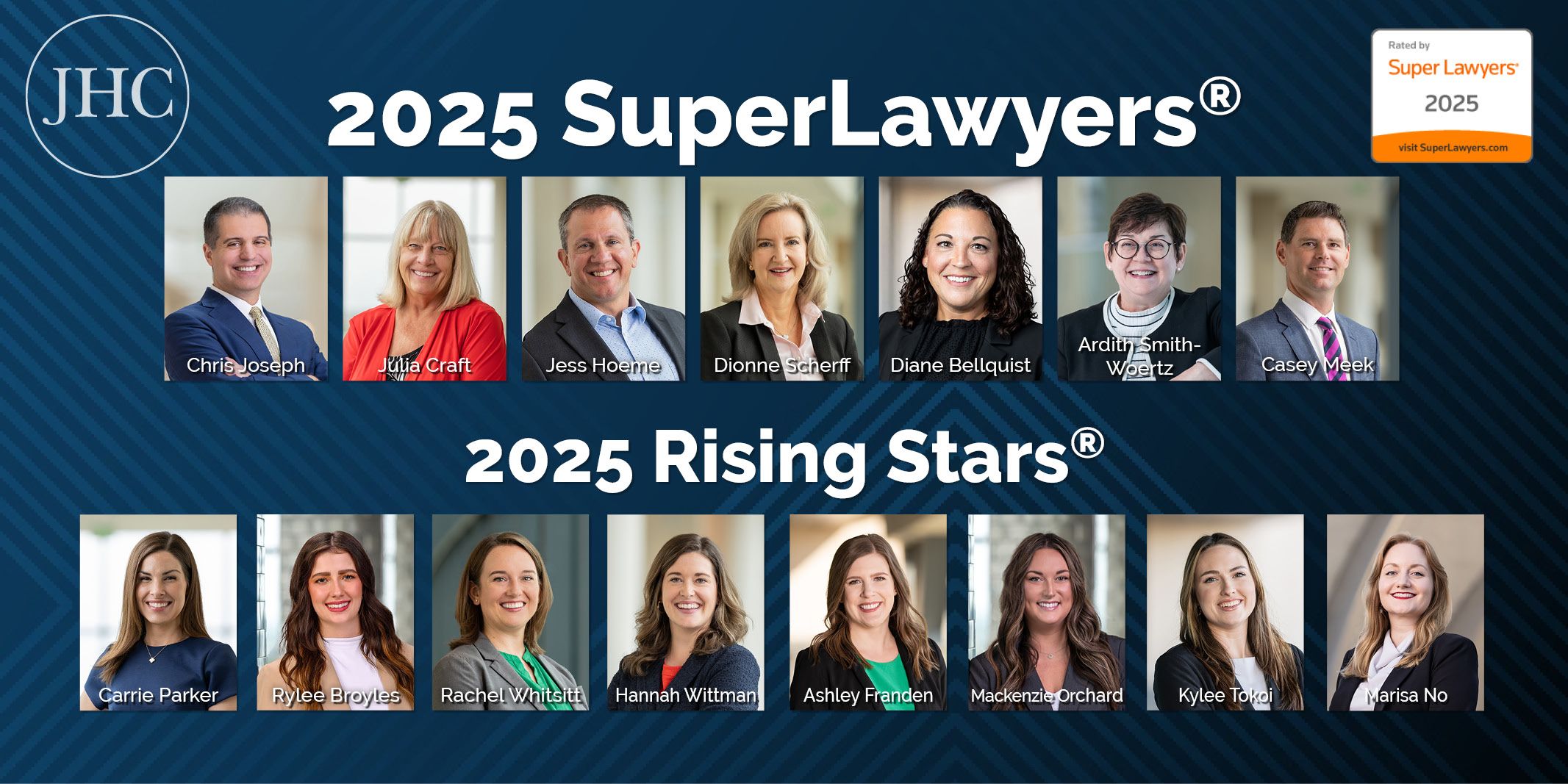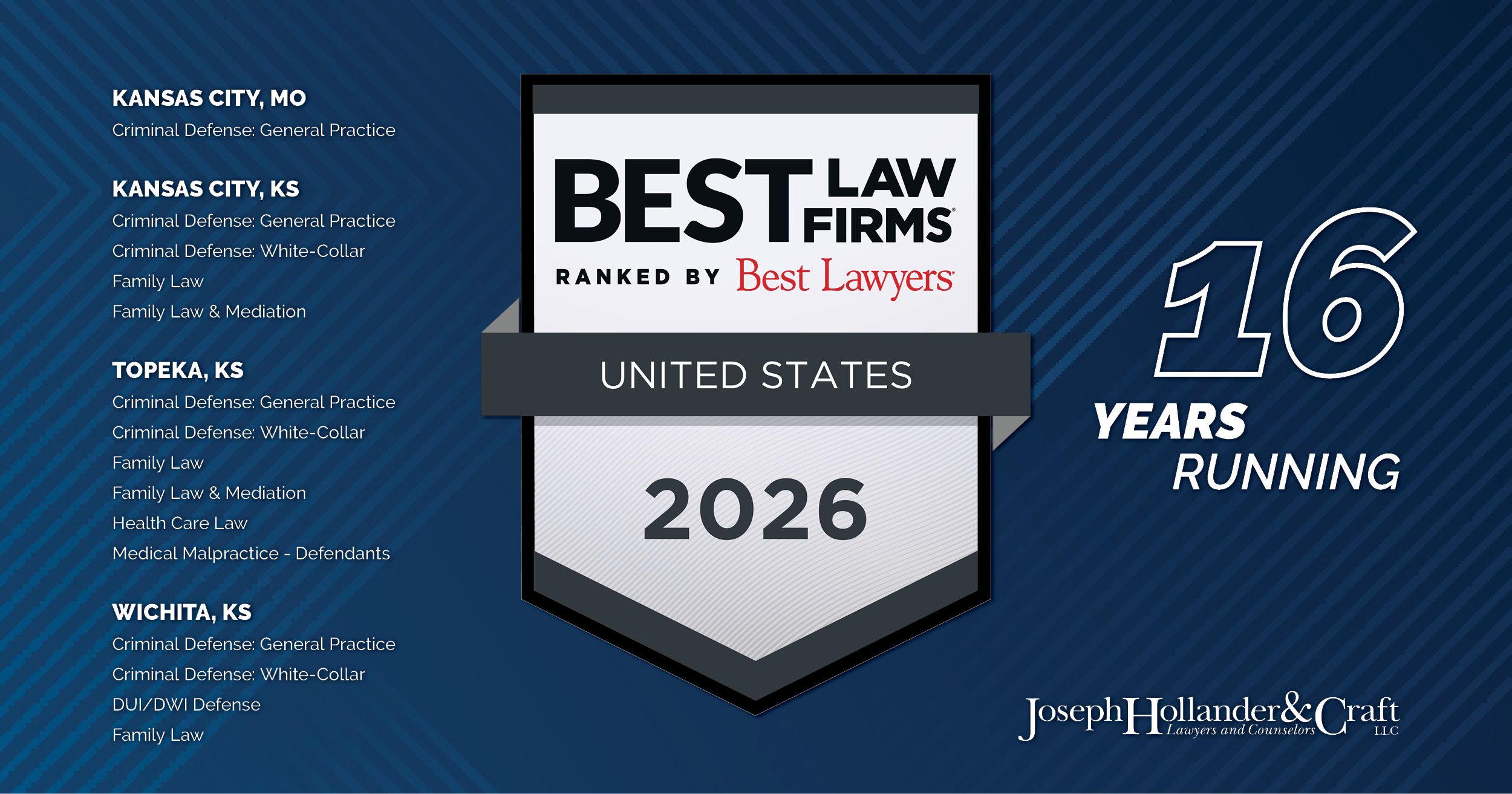FEATURE ARTICLE: The Problem of the Tyrannical Client
Author: Professor Michael H. Hoeflich, PhD, Editor-in-Chief
Legal Editor: Carrie E. Parker; Design & Publishing Editor: Matthew T. Stephens
This article is featured in Volume 5, Number 7 of the Legal Ethics and Malpractice Reporter, published July 31, 2024.
The relationship between a lawyer and her client is one of agency—a highly privileged relationship in which the lawyer becomes her client’s fiduciary. Although the notion of fiduciary duty has been defined in various terms, the predominant definition in the United States is found in Judge Cardozo’s opinion in Meinhard v. Salmon:
A trustee is held to something stricter than the morals of the market place. Not honesty alone, but the punctilio of an honor the most sensitive, is then the standard of behavior. As to this there has developed a tradition that is unbending and inveterate. Uncompromising rigidity has been the attitude of courts of equity when petitioned to undermine the rule of undivided loyalty by the “disintegrating erosion” of particular exceptions (Wendt v. Fischer, 243 N. Y. 439, 444). Only thus has the level of conduct for fiduciaries been kept at a level higher than that trodden by the crowd. It will not consciously be lowered by any judgment of this court.
249 N.Y. 458, 464, 164 N.E. 545 (1928).
Earlier, Lord Chancellor Brougham, in his defense of the Queen at her trial in the House of Lords in 1821, put it even more strongly. He stated that a lawyer was required “to save that client by all means and expedients, and at all hazards and costs to other persons, and, amongst them, to himself, is his first and only duty; and in performing this duty he must not regard the alarm, the torments, he destruction which he may bring upon others.”
These definitions of a lawyer’s duty to his client do not speak of any limits on this duty.
For these limits, a lawyer today can turn to the Model Rules of Professional Conduct. The Rules do not adopt the extreme view in which a lawyer must “by all means and expedients” do whatever she must for her client’s case. Instead, the rules reflect a narrower notion of fiduciary responsibility. The Rules are replete with guidance constraining the lawyer’s obeisance to the client’s wishes and needs.
Although Judge Cardozo’s definition is considered correct by many American lawyers today, traces of the more extreme concept put forth by Lord Chancellor Brougham remain. Many lawyers are inclined to give their all for a client. Many clients—who we might dub “tyrannical clients”—expect this. Tyrannical clients do not want their lawyers to provide independent and unbiased judgment as Rule 2.1 requires. They want lawyers who will do what they want without limits.
In many ways, the Rules of Professional Conduct provide refuge from tyrannical clients. There are certain instances in which a lawyer cannot take on a client or continue an existing lawyer-client relationship. Rule 1.16 outlines such scenarios. KRPC Rule 1.16 (a) sets out in what circumstances a lawyer may not enter or remain in a lawyer-client relationship:
Except as stated in paragraph (c), a lawyer shall not represent a client or, where representation has commenced, shall withdraw from the representation of a client if:
- the representation will result in violation of the rules of professional conduct or other law;
- the lawyer’s physical or mental condition materially impairs the lawyer’s ability to represent the client;
- the lawyer is discharged; or
- the client persists in a course of action involving the lawyer’s services that the lawyer reasonably believes is criminal or fraudulent.
While some might view this rule as limiting an attorney’s freedom of action much like the conflicts rules of Rules 1.7–1.10, there is another way to view it. This rule ensures that a client with naïve assumptions about a lawyer’s fiduciary duty cannot force the lawyer to do his bidding.
Rule 1.16(b) confirms this by setting out those circumstances when a lawyer may withdraw from a representation permissively:
(b) Except as stated in paragraph (c), a lawyer may withdraw from representing a client if withdrawal can be accomplished without material adverse effect on the interests of the client, or if
- the client has used the lawyer’s services to perpetrate a crime or fraud;
- a client insists upon pursuing an objective that the lawyer considers repugnant or imprudent;
- the client fails substantially to fulfill an obligation to the lawyer regarding the lawyer’s services and has been given reasonable warning that the lawyer will withdraw unless the obligation is fulfilled;
- the representation will result in an unreasonable financial burden on the lawyer or has been rendered unreasonably difficult by the client; or
- other good cause for withdrawal exists.
Rules 1.2(a) and 1.2(d) also provide shelter for a lawyer from the unreasonable demands of a tyrannical client. KRPC 1.2(a) states:
A lawyer shall abide by a client’s decisions concerning the lawful objectives of representation, subject to paragraphs (c), (d), and (e), and shall consult with the client as to the means which the lawyer shall choose to pursue. A lawyer shall abide by a client’s decision whether to settle a matter. In a criminal case, the lawyer shall abide by the client’s decision, after consultation with the lawyer, as to a plea to be entered, whether to waive jury trial and whether the client will testify.
The critical phrase is “lawful objective.” If the client demands that his lawyer undertake an unlawful objective, the lawyer need not—and may not—do so pursuant to Rules 1.2(a) and 1.16(b).
Likewise, Rule 1.3 requires that a lawyer exercise diligence, not zeal, as was formerly expected. Comment 1 to KRPC 1.3 states:
A lawyer should pursue a matter on behalf of a client despite opposition, obstruction, or personal inconvenience to the lawyer, and may take whatever lawful and ethical measures are required to vindicate a client’s cause or endeavor. A lawyer should act with commitment and dedication to the interests of the client and with zeal in advocacy upon the client’s behalf. However, a lawyer is not bound to press for every advantage that might be realized for a client. A lawyer has professional discretion in determining the means by which a matter should be pursued. See Rule 1.2. A lawyer’s workload should be controlled so that each matter can be handled adequately.
When a client demands inappropriate, unwise, criminal, or unethical action from a lawyer, the lawyer is not bound by her fiduciary duty to take such action.
A lawyer may justifiably cite the Rules of Professional Conduct in her argument that there are limits to a client’s unwise or unreasonable demands.
READ THE FULL ISSUE OF LEMR, Vol. 5, No. 7
About Joseph, Hollander & Craft LLC
Joseph, Hollander & Craft is a mid-size law firm representing criminal defense, civil defense, personal injury, and family law clients throughout Kansas and Missouri. From our offices in Kansas City, Lawrence, Overland Park, Topeka and Wichita, our team of 25 attorneys covers a lot of ground, both geographically and professionally.
We defend against life-changing criminal prosecutions. We protect children and property in divorce cases. We pursue relief for clients who have suffered catastrophic injuries or the death of a loved one due to the negligence of others. We fight allegations of professional misconduct against medical and legal practitioners, accountants, real estate agents, and others.
When your business, freedom, property, or career is at stake, you want the attorney standing beside you to be skilled, prepared, and relentless — Ready for Anything, come what may. At JHC, we pride ourselves on offering outstanding legal counsel and representation with the personal attention and professionalism our clients deserve. Learn more about our attorneys and their areas of practice, and locate a JHC office near you.












